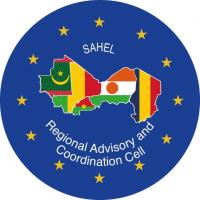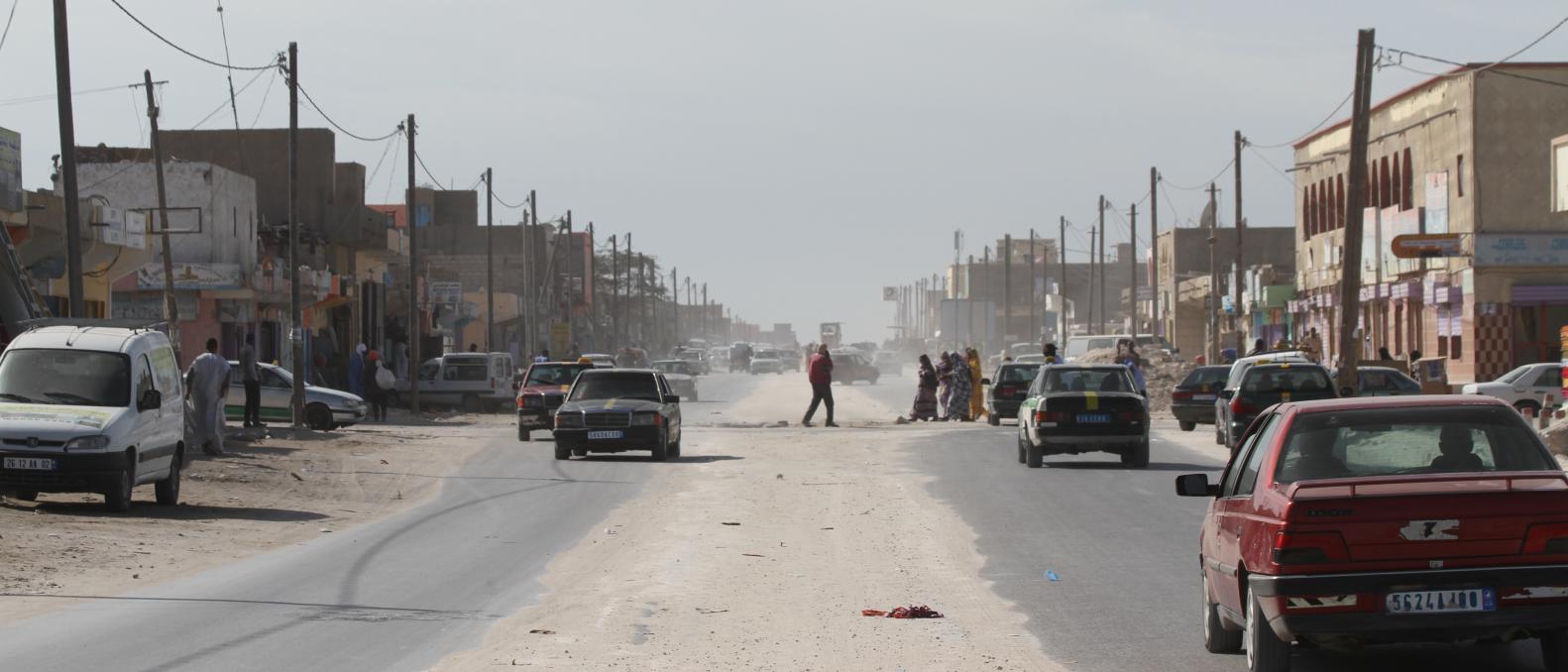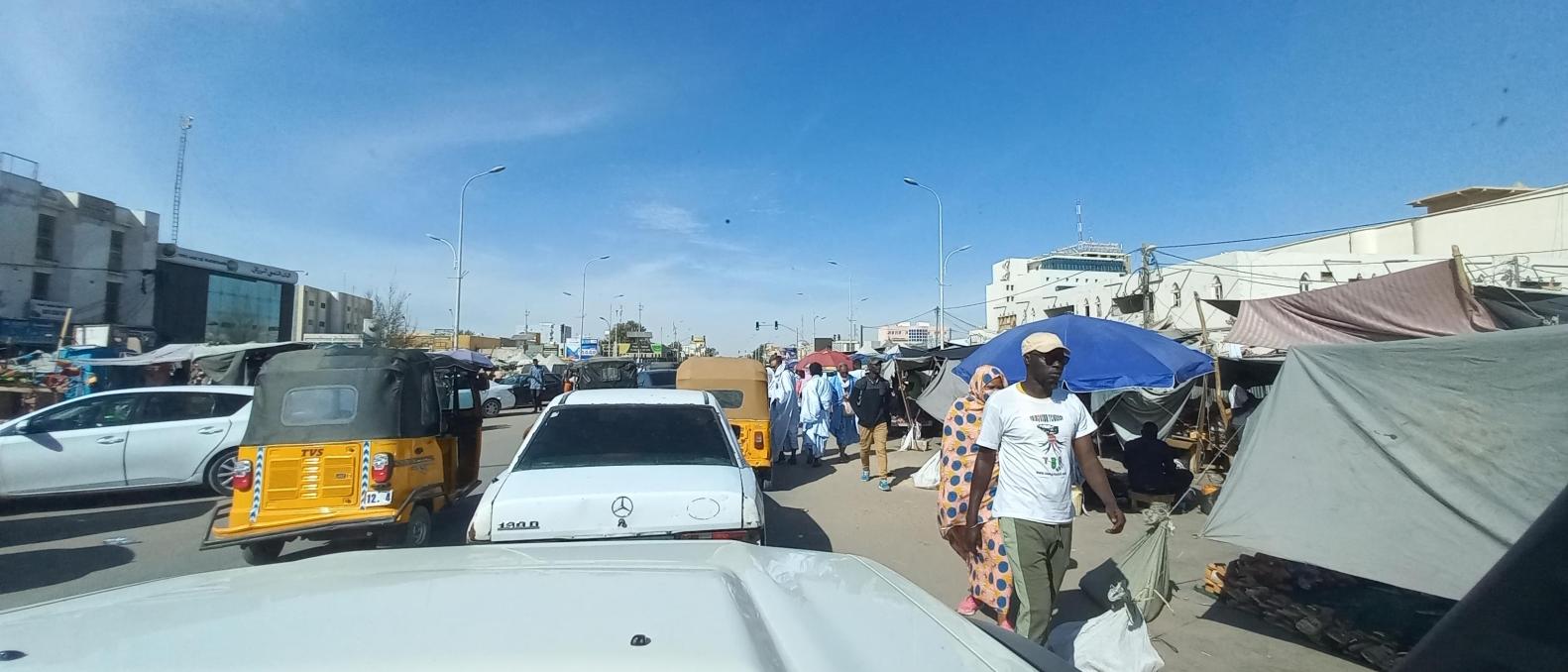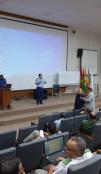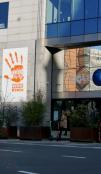Why increasing the coherence of road security intervention can help the fight against organised crime and the prevention of terrorism in the Sahel
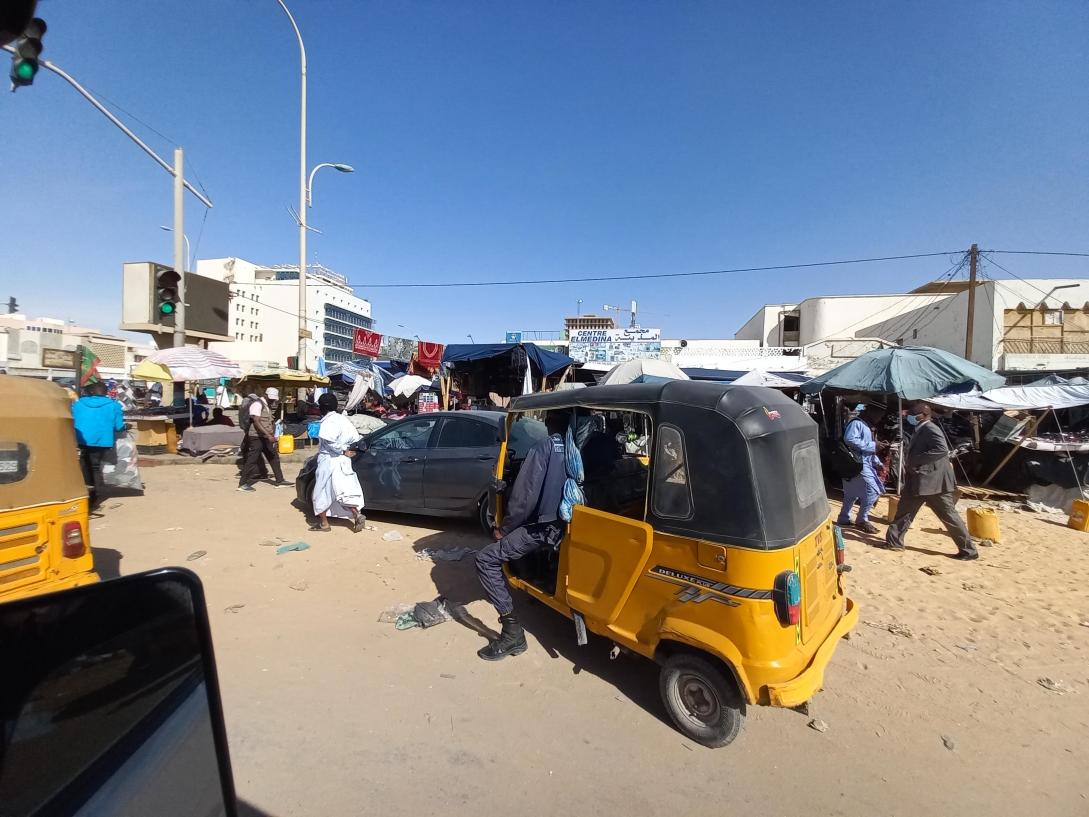
For more reasons, is the answer.
For the fight against organised crime and the prevention of terrorism to be effective in the Sahel, it is key to involve all security actors in a coordinated manner, including those dedicated to road safety. It is the case also in Europe, as elsewhere.
This January, the EU Regional Advisory and Coordination Cell (RACC) Expert for Internal Security, advising the EU Delegation in the Mauritanian capital Nouakchott, Emmanuel Kiehl, met with the Director of the General Director Road Safety Group (GGSR), a security force created in 2011, currently composed of 2000 agents.
Currently the primary activity of the GGSR is road safety. Other important tasks, such as the fight against drug trafficking or irregular migration, remain marginal, primarily due to a lack of specialised training.
This is one of the challenges discussed by the RACC’s expert during the Nouakchott meeting. Furthermore, the increase of road traffic in cities like the capital Nouakchott (population about 1,5 million), and Nouadhibou, the second largest city located in the North of the country, by the sea (population of 90 000), proportionally escalates the number of road circulation related accidents, as recent years data demonstrate.
To address such situation, the work force of the GGSR will grow in number to reach 4500 staff by 2025.
For the benefit of the Sahelian partners this gap should be filled. Therefore, within the framework of its regional mandate, the RACC has now on its to do list the solicitation of the EU CSDP Mission deployed in the region, EUCAP SAHEL Mali et Niger, to provide support and expertise on designing and implementing dedicated training courses for the GGSR.
Among the subjects to put on the agenda identified by the RACC in order to reach the objective are the detection of different forms of narcotics during roadside checks and the screening for driving under the influence of narcotics. Indeed, the consumption of drugs is increasing in Mauritania and, with it, the risk of road traffic accidents.
In the spirit of an integrated approach with other actors working for the benefit of the Sahelian partners on the ground, such possible actions will factor initiative developed bilaterally by EU member states, such as Spain, which supports the Mauritanian authorities on road safety as of 2021.
Over the next days Spanish experts will deliver a 3-week training course that will be attended by 90 GSSR officers.
Increasing the effectiveness of professional intervention of GGSR officers alongside the police and the gendarmerie on the roads of the capital Nouakchott during the night, makes a lot of sense. Especially considering that the staff of the GGSR department takes part in the night-time road checks at the entrances to the city daily.
The respect for human rights - at the core of all RACC’s activities - was also mentioned during the meeting. According to its Director General, GSSR’s officers are bound to an exemplary attitude towards motorists. This also implies for the agents to be gradually equipped with body cameras to record the way in which the controls take place. This is also necessary as a protection for the officers when they are confronted with irascible or violent drivers.
In summary, the aim of increasing the effectiveness and the coordination on road safety and security, is to contribute to an overall enhancement of security and safety in the country and the region.
A more coherent security intervention, including road safety, is conducive to the enhancement state actors’ capabilities tasked with ensuring the protection of citizens.
This is the case in Europe as in the Sahel.
